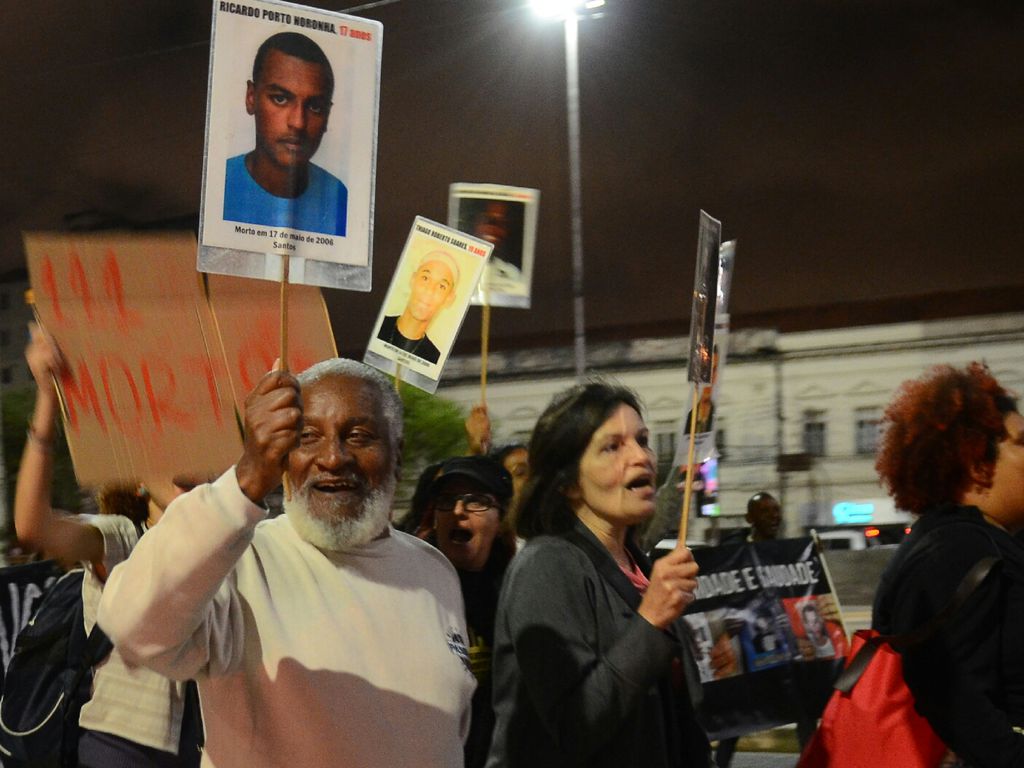The House Public Security Committee on Tuesday approved a bill granting amnesty to 74 police officers convicted for the 1992 massacre in São Paulo’s Carandiru prison. It was the bloodiest episode in Brazil’s penitentiary history and one of the most infamous episodes of police brutality in recent memory.
Following a riot on October 2, 1992, 111 inmates were slaughtered over the course of half an hour. The police have always claimed that it was a matter of self-defense, but the prisoners did not have firearms, and many bodies were found with bullet wounds in the back of their heads, in classic execution style.
The massacre led inmates in São Paulo prisons to band together in groups to avoid repeat episodes. According to several security experts, the massacre was a key motivator for inmates to form in 1993 the First Command of the Capital (PCC), a criminal gang that is now Brazil’s largest, operating all over the country as well as beyond its borders.
The amnesty bill was introduced last year by Congressman Capitão Augusto — himself a former police officer of São Paulo state — a little over a month after the Superior Court of Justice, Brazil’s second-highest judicial body, ruled to uphold criminal convictions against the 74 officers.
Mr. Augusto claims there is insufficient evidence to convict officers individually in the massacre and that they are targets of “ideological persecution.”
The bill’s rapporteur was Congressman Sargento Fahur, a retired police officer from Paraná, who said today: “A good prisoner is a dead prisoner.”
The Public Security Committee is heavily dominated by former police officers, including Congressman Daniel Silveira — who was recently convicted to almost nine years in prison for threatening to assault Supreme Court justices and now serves as one of the committee’s deputy chairs.
Pro-Bolsonaro congressman Marcel van Hattem asked colleagues to postpone the vote, arguing that it could backfire in an electoral year. He also argued that there are no juridical grounds for a collective amnesty. His motion was rejected.
The amnesty bill still needs approval from another House committee and to go through a floor vote before heading to the Senate.


 Search
Search






































